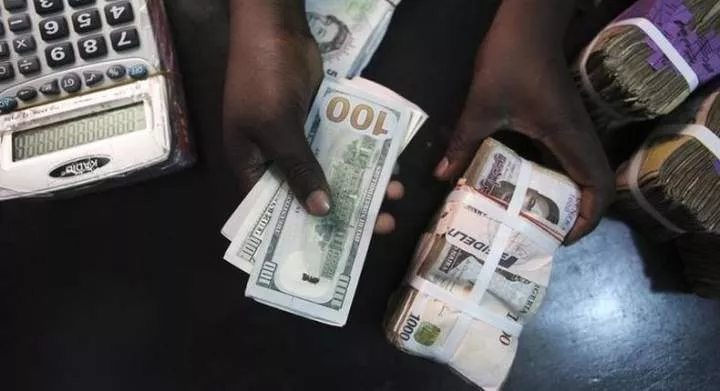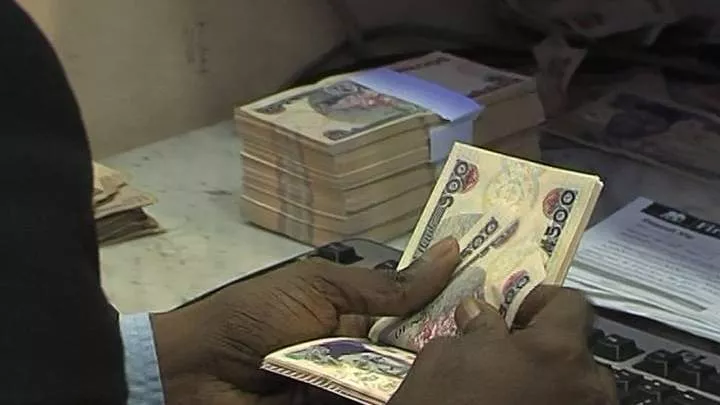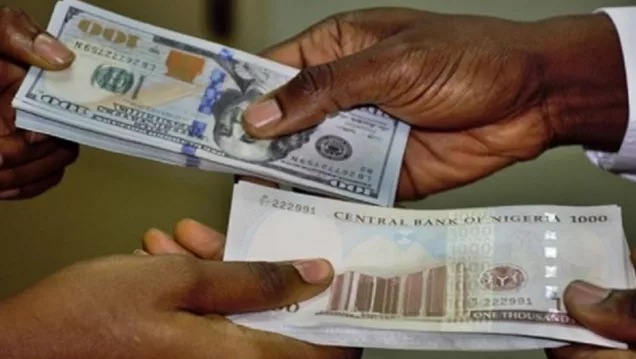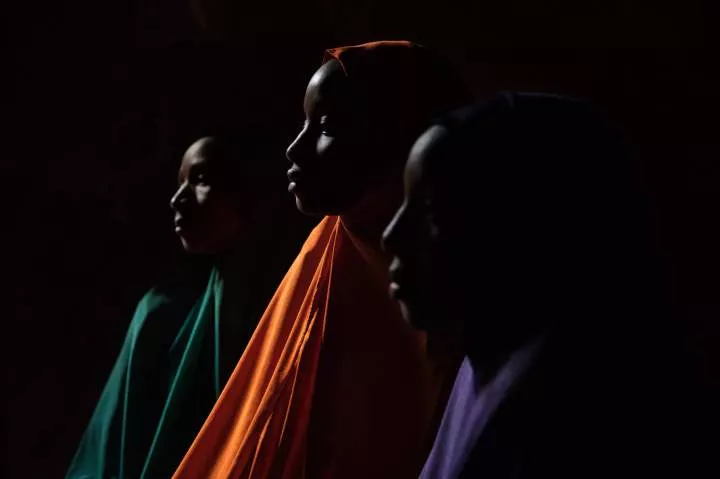
The forex market is a fundamental component of Africa's economic and financial systems, with implications for trade, investment, economic stability, and international financial relationships.
African countries engage in trade with nations all over the world. Forex markets enable the conversion of one currency into another, making it possible to facilitate imports and exports. A stable and efficient forex market is essential for international trade and economic growth.
With that said some African countries have better forex structures than others. In Absa's 2023, Africa Financial Markets report, the metric of access to foreign exchange served as one of the six pillars used in determining the most booming financial markets across the continent.
This metric examines the ability of international investors to easily deploy and repatriate capital, and the capacity of central banks to manage volatility from foreign capital flows.
The metric also considers how conducive Africa's financial market is to foreign investment. It includes indicators for capital control stringency, flexibility of exchange rate regimes, and level of interbank foreign exchange liquidity.
The reporting of forex data is considered a measure of transparency. This pillar also assesses the ability of central banks to manage the potential volatility from capital flows through the adequacy of FX reserves.
As with every pillar, this was scored over 100, with some countries indexing close to the max score of 100 and some close to the minimum score of 10.
Below are the top 10 African countries with the highest access to foreign exchange.
ADVERTISEMENT
| 1. | South Africa | 88 |
| 2. | Egypt | 87 |
| 3. | Morocco | 76 |
| 4. | Mauritius | 75 |
| 5. | Kenya | 70 |
| 6. | Botswana | 68 |
| 7. | Cabo Verde | 68 |
| 8. | Uganda | 67 |
| 9. | Nigeria | 60 |
| 10. | Rwanda | 59 |
















Comments